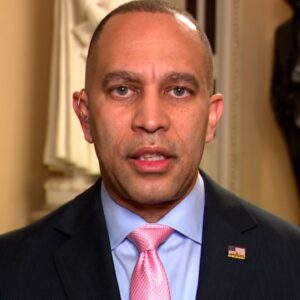The nomination of Kash Patel to lead the FBI has sparked intense debates on Capitol Hill and across the nation, highlighting deep divisions over the future of federal law enforcement. Patel’s career in national security, intelligence, and legal affairs has garnered both strong support and fierce opposition, making his confirmation a key issue in the broader discussion about politics in law enforcement.
Supporters, especially conservatives, argue that Patel’s extensive experience and ties to former President Trump make him well-qualified to reform the FBI. Law enforcement organizations, including state-level police associations, have voiced approval, citing his commitment to national security and accountability. Many Republicans believe Patel’s leadership could restore public trust in the FBI, which they feel has been undermined by partisan bias.
On the other hand, Democrats and civil rights organizations express concerns about Patel’s background, particularly his role in discrediting investigations into Russian election interference. Critics fear that his political ties and challenge to the intelligence community’s consensus could compromise the FBI’s independence, turning it into a tool for partisan goals. Many Democrats worry that Patel’s leadership would erode the agency’s integrity.
The confirmation battle reflects the broader struggle over the future of America’s law enforcement institutions. With the FBI at the center of political controversies in recent years, the question of who should lead it has taken on new urgency. As the Senate vote approaches, the outcome remains uncertain, with some moderate lawmakers yet to declare their positions, making the process even more unpredictable.




